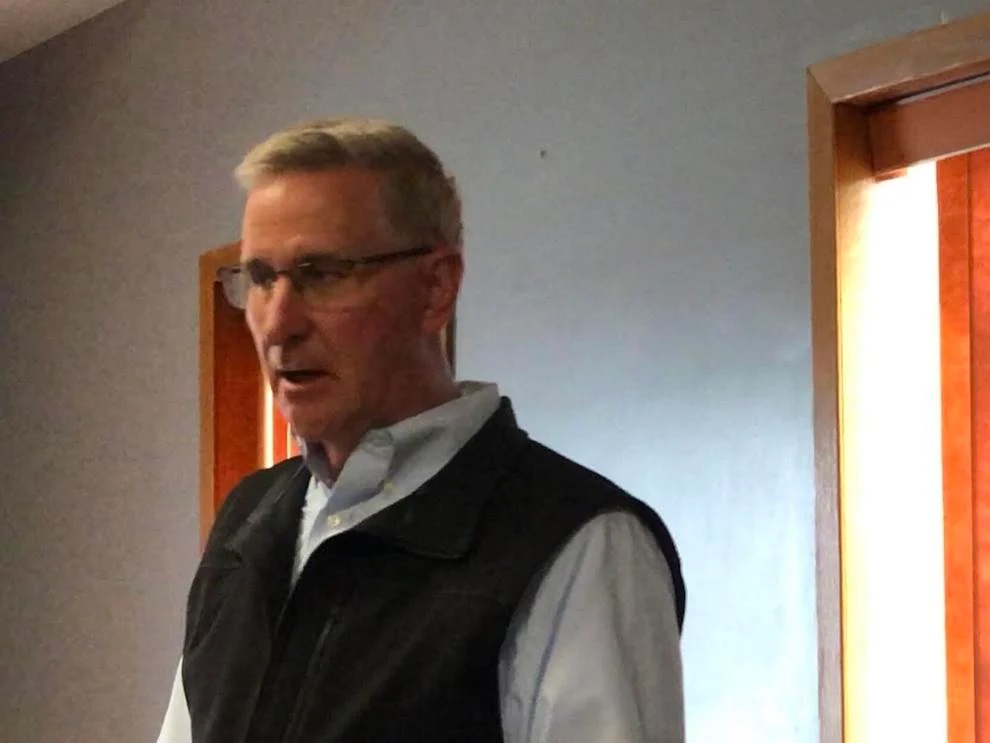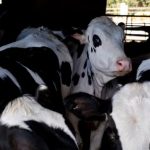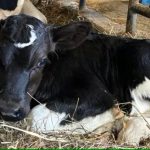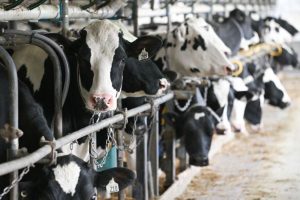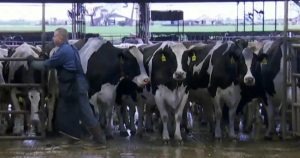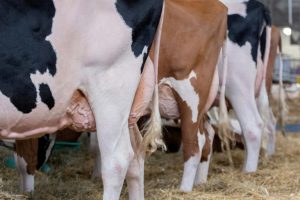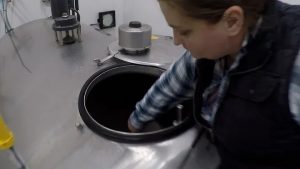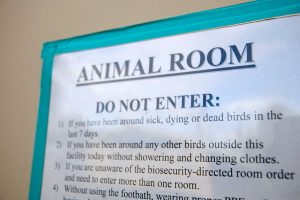
“You bet,” said Redding, answering his own question.
Redding signed an order requiring the quarantine and testing of cows bound for Pennsylvania from affected states and nations. The United States Department of Agriculture hasn’t followed suit. “It’s been one of the frustrations, to say the least,” Redding said.
Pennsylvania’s three animal testing laboratories, he said, have responded to the outbreak, as they did with avian flu outbreaks in the 1980s.
Redding said 1,700 red heifers from Pennsylvania were aboard ship ready to sail to Turkey and Azerbaijan when the buyers heard about the outbreak and wanted the cows tested.
Testing delayed the voyage by three days, but the labs got the job done.
The U.S Centers for Disease Control and Prevention, meanwhile, said the flu has infected poultry in 48 states. Several Pennsylvania counties, including Schuylkill, Northampton, Northumberland and Monroe, have had farms affected.
None of the labs are farther west than State College, and Gov. Josh Shapiro’s budget contains $5 million for a lab in that part of the state.
When a farmer asked about the shortage of veterinarians for large animals, Redding said opening more veterinary schools, such as the University of Maryland Eastern Shore plans to do, will help.
He suggested offering veterinarians, who graduate with six-figure debt, financing to open practices. Like medical doctors who rely on physician’s assistants, veterinarians might do more with assistants and telemedicine, he said.
Six students who take agriculture classes that Atchley Stackhouse teaches at Northwest Area High School in Shickshinny attended the breakfast.

State Rep. Mike Cabell, left, and state Agriculture Secretary Russell Redding, right, flank Atchley Stackhouse and her agricultural students from Northwest Area High School. The class joined farmers and state officials for breakfast on Friday at Tom’s Kitchen in Sugarloaf Twp.
“These guys will all be taking your jobs in the future,” Rep. Mike Cabell, who hosted the breakfast, said.
Cabell, a Republican from Butler Twp., said he wishes other schools, such as Hazleton Area, in the 117th District that he represents had agriculture programs.
Redding said he joined Future Farmers of America when he was in Gettysburg High School and had a wonderful teacher.
“He helped me as a 15-year-old kid figure it out,” said Redding, adding they learned to judge dairy cows,” Redding said.
With eight recent additions, 159 of 500 school districts in Pennsylvania offer agricultural programs, he said. The largest chapter of Future Farmers of America is at Saul High School, in Philadelphia.
At the state farm show this year, 970 students got blue jackets as new members of Future Farmers of America. That’s the most in 80 years, Redding said.
Pennsylvania leads the nation in the number of farmers younger than 35.
Yet many Pennsylvanians, Redding said, don’t appreciate that agriculture offers meaningful employment or understand the breadth of agriculture.
To help change that, his department has emulated the Department of Labor and Industry, and set up eight apprenticeships to prepare young people for increasingly technical jobs on farms and food production.
Agriculture — including key components such as forestry, mushrooms and horses that Pennsylvanians, depending on where they live, tend to omit when asked define farming — is part of the state’s strategy for economic growth, just like manufacturing, life sciences and robotics.
Pennsylvania leads the nation in farmland preservation, ranks third in organic production and second in direct sales.
“Our challenge, I think, is to keep growing this local agriculture,” Redding said. “Any time that we can buy local, we can find a local source, that I can develop a local business … it’s to our advantage.”
A cargo ship that struck a bridge and temporarily closed the port of Baltimore, the major center for fertilizer, shows one of the vulnerabilities in the food and farming system.
Among the consequences of war in Ukraine is the effect on supplies of sunflower oil and fertilizer that Pennsylvanians buy from that nation.
Attacks in the Red Sea and drought in the Panama Canal Zone slow deliveries and raise prices of shipping, Redding said.
The spotted lanternfly that arrived in Berks County a decade ago and spread to 13 states so far, attacks grapevines and harms trees like maples, black walnuts and birches.
“I can give you a list of challenges,” Redding said, “but we’ve been on this path of change for 200 years. I’m optimistic about what the future looks like, not just by what we’ve built but by necessity.”
You can now read the most important #news on #eDairyNews #Whatsapp channels!!!
🇺🇸 eDairy News INGLÊS: https://whatsapp.com/channel/0029VaKsjzGDTkJyIN6hcP1K
